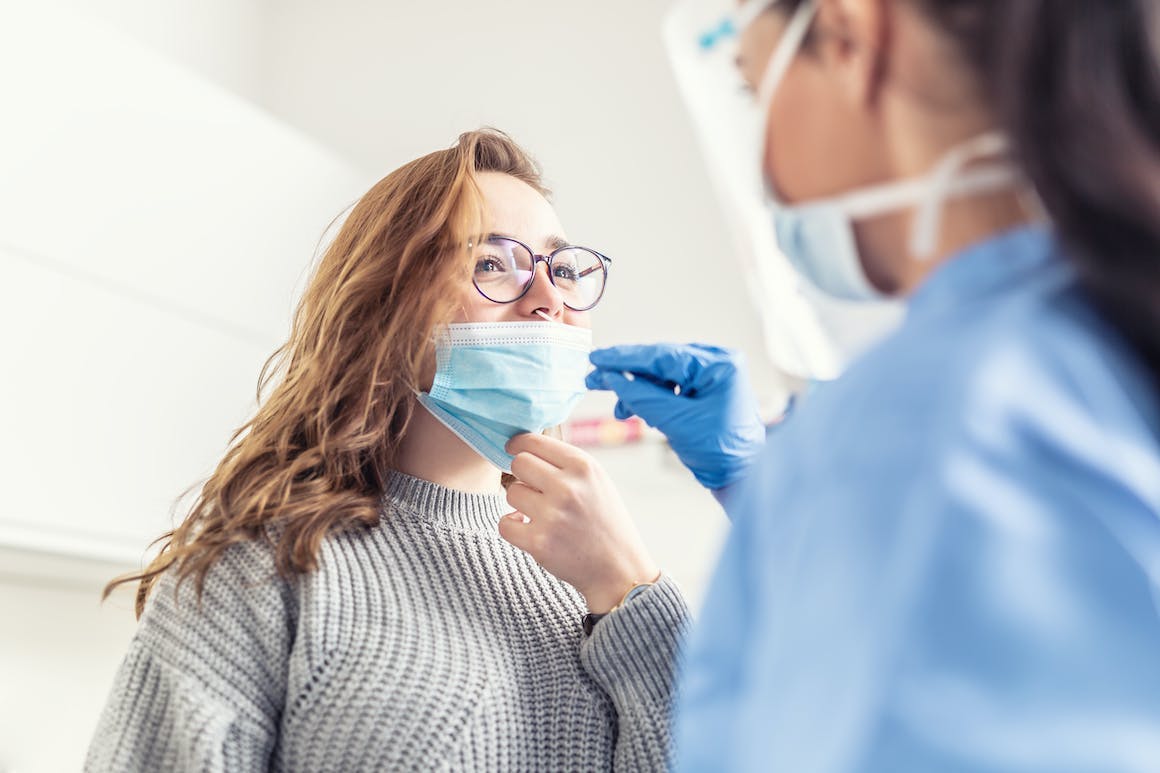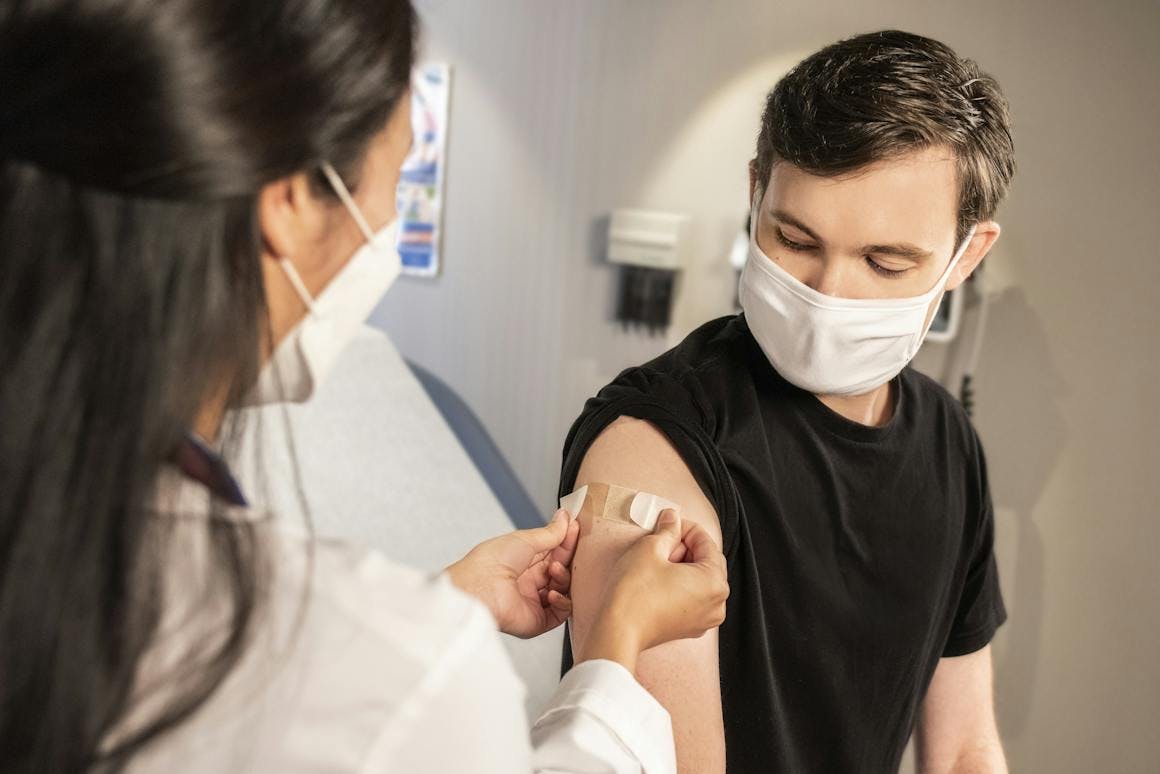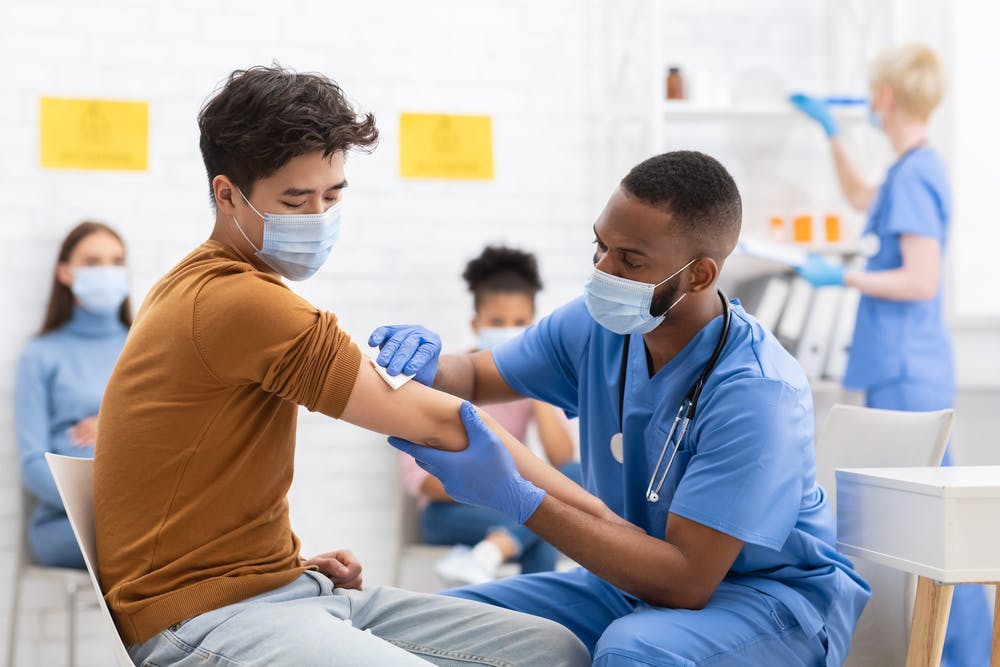PCR COVID-19 diagnostic testing is available for students at all ChristianaCare-GoHealth Urgent Care centers.
Rapid COVID-19 testing requires a Virtual Visit evaluation and a $200 payment prior to a center visit.

ChristianaCare-GoHealth Urgent Care provides Delaware college students urgent care when on-campus care is not available. We offer in-center and virtual care for non-life-threatening illnesses and injuries.

PCR COVID-19 diagnostic testing is available for students at all ChristianaCare-GoHealth Urgent Care centers.
Rapid COVID-19 testing requires a Virtual Visit evaluation and a $200 payment prior to a center visit.

We offer Virtual Visits 7 days a week, including holidays. All you need is an internet connection and a smartphone, tablet or computer with a camera. Save time for studying and receive the same great care without making an extra trip.

In addition to providing COVID-19 testing and treating various illnesses and injuries, we also carry many vaccines required for schools, including TDaP shots (for tetanus) and flu shots, ensuring you stay healthy with protection against some of the most common diseases.
Please note, we do not offer the COVID-19 vaccine.
You have questions. We have answers. Visit our Health Library and find answers or suggestions for many of your health concerns.

Learn about common injuries in youth sports, including sprains, fractures and concussions, along with tips for prevention and recovery.

Learn how occupational hazards contribute to bronchitis, with tips on symptoms and how to prevent bronchitis in the workplace.

Learn about COVID variant XEC, its symptoms, how it spreads and how it compares to prior strains. Find tips to stay healthy this winter season.